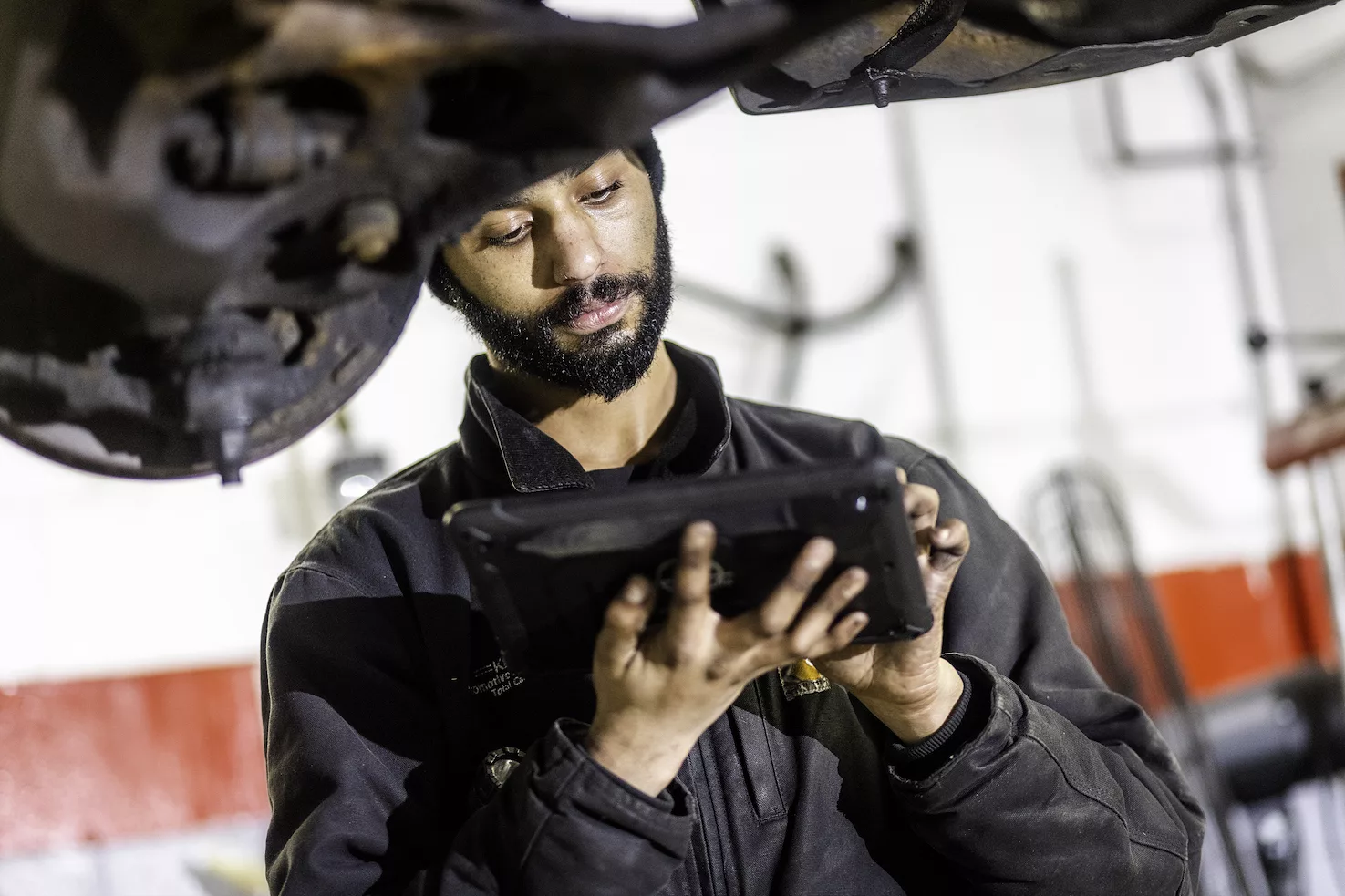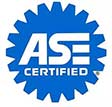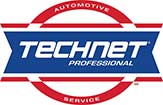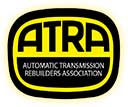Brakes – Vehicle Safety

As the owner of your vehicle, it should be top priority to take care of your brakes and know everything there is to know about them. Knowledge, in this case, is both power and safety. And, when it comes to your safety, there’s no such thing as knowing too much.
Knowing the answers to the following five questions is a great way to stay both ahead of the curve and ahead of the curb.
What is a “Brake Flush” and When Should It Happen?
Whenever you “hit the brakes,” you’re pushing on brake fluid; it’s the force that further pushes the brake pads against your car rotors (which then proceed to slow your vehicle down). Over time, brake fluid gets cluttered with contaminants such as sludge, moisture, air, and other forms of interference. The spongier your brake fluid gets with contaminants, the less effective it will be.
A “brake flush” sees a professional drain pre-existing brake fluid and replace it with clean brake fluid. This should take place at ever oil change and/or every 15,000-20,000 miles.
Why Do My Brakes Squeak?
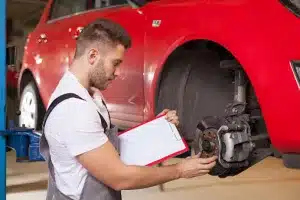
Some vehicles allow you to see the brake pads without taking off your wheels; others do not. If you can, note your brake pads’ thickness. If it seems worn or there’s a lot of brake dust on your wheel, take it into your trusted vehicle inspector to have them professionally inspected.
Why Do My Brakes Pulsate and/or Vibrate?
Pulsating or vibrating brakes may, like the previous scenario, indicate that something in your brake system needs repair or replacement. In this case, it’s likely an issue with your brake rotors.
Rotors rust and sustain damage over time, especially if the vehicle’s drivers regularly slam on the brakes. This incremental damage slowly accrues, and makes the rotors less durable and effective at their job: slowing the vehicle down. Rust happens if a vehicle is left to sit in an inactive state for too long.
If your brakes pulsate or vibrate, get them checked out by a professional.
What are Brake Calipers?
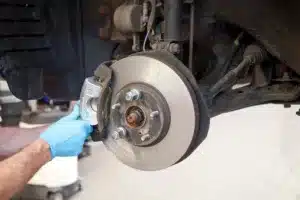
Every vehicle has its own type of braking system. Some are disc-based, some are not, some use floating calipers, and others used fixed calipers. Regardless of the specific scenario, a vehicle’s calipers are an integral part of the braking process.
What are Brake Hoses?
Brake hoses are what brake fluid uses to the move within your vehicle’s braking system. When you apply pressure to your brake pedals, the brake fluid travels through the brake hoses from the master cylinder over to the brake calipers.
Vehicles can have up to four different brake hoses, and they are usually made from rubber.
Like anything, brake hoses are subject to wear-and-tear. Thanks to enough heat and debris, your brake hoses may collapse; you’ll notice this if your car pulls to one side when you brake. If this happens, have them checked out immediately.








